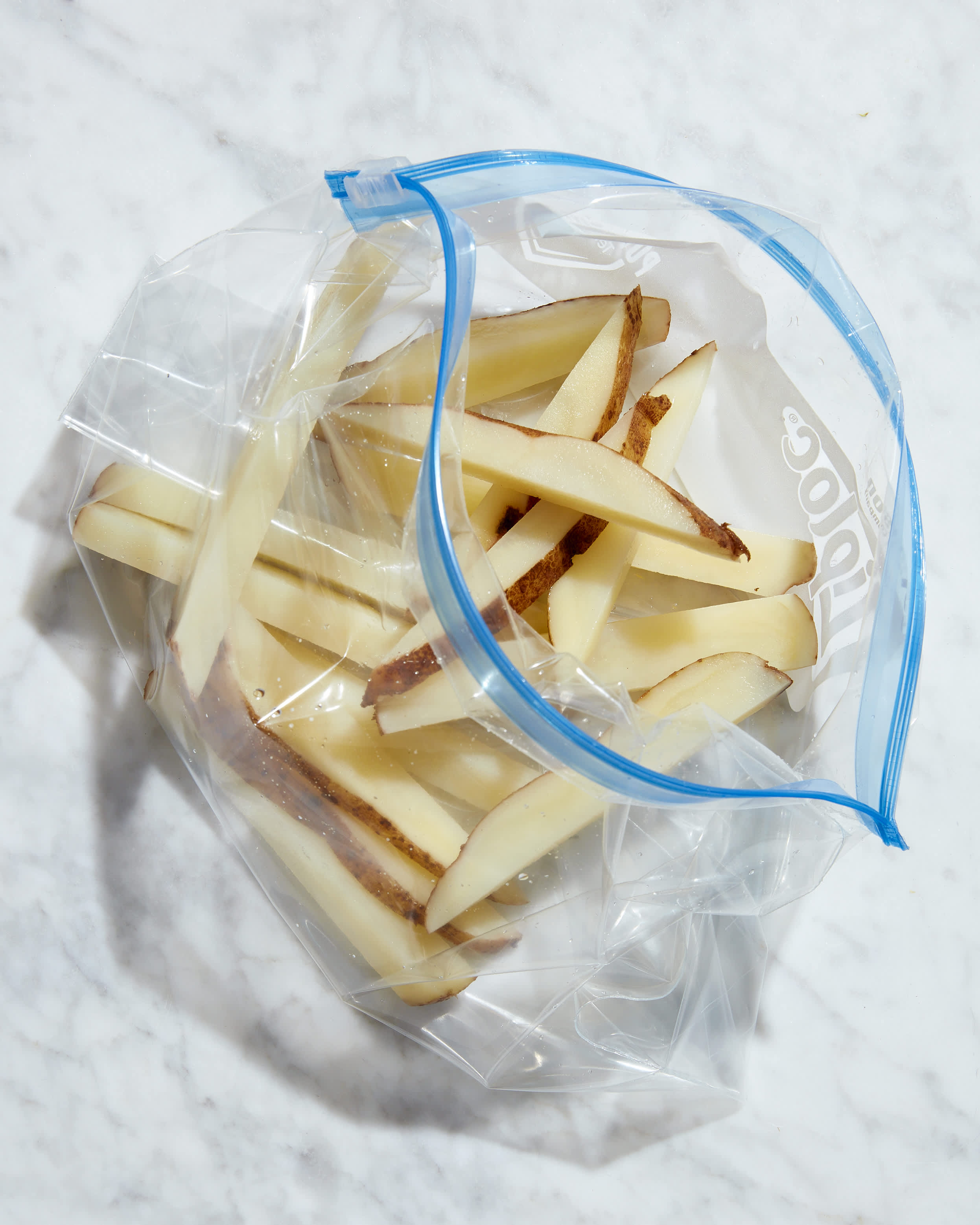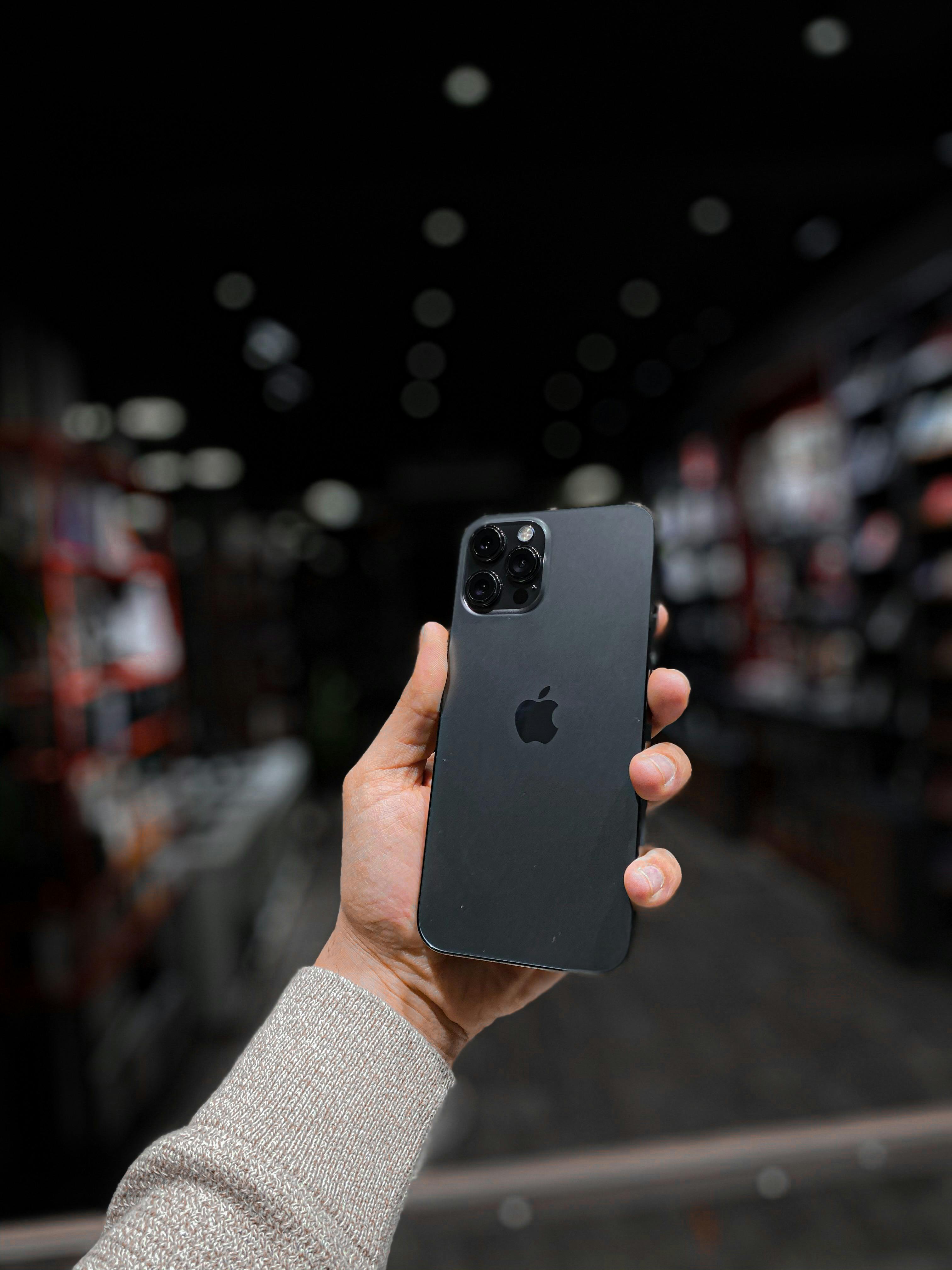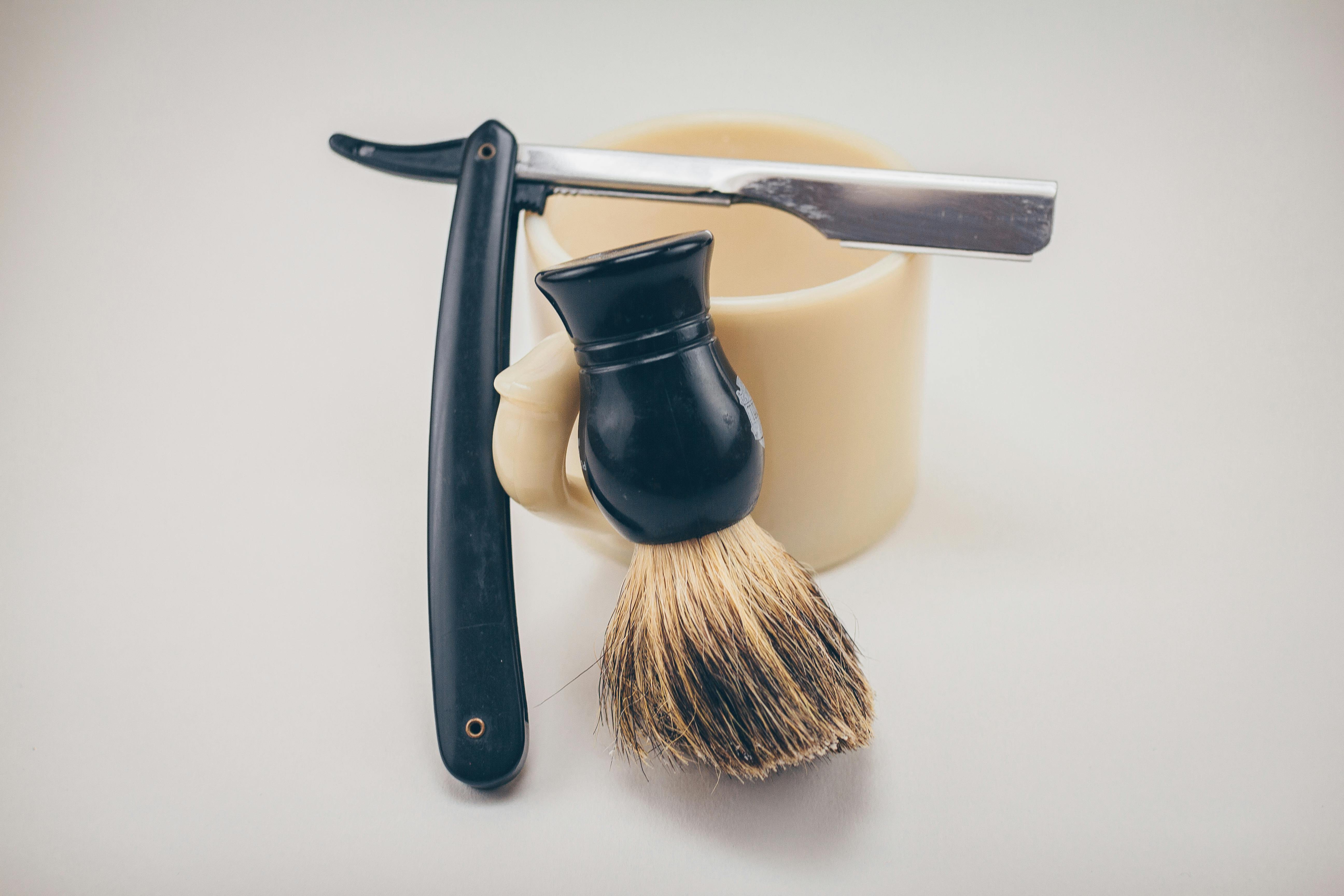
Effective Ways to Treat Nodular Acne at Home in 2025
Nodular acne is a challenging skin condition characterized by large, painful lumps beneath the skin's surface. It's a severe form of acne that can lead to long-lasting scarring if not treated effectively. Understanding how to treat nodular acne is crucial for achieving a clear complexion and improving self-confidence. In 2025, there are numerous home remedies and lifestyle adjustments that can help in managing and reducing the symptoms of nodular acne.
The benefits of addressing nodular acne at home include reduced irritation and inflammation, improved skin health, and a more natural approach to treatment. This article will explore various effective treatment methods, including skincare routines, dietary changes, and the best products available. By focusing on these strategies, individuals struggling with nodular acne can take proactive steps toward healthier skin.
In this article, we will cover:
- The importance of a consistent skincare routine for dealing with nodular acne.
- Insights into dietary changes that can influence acne.
- Natural remedies and over-the-counter treatments that can provide relief.
- How to incorporate essential oils and other natural ingredients into your regimen.
- Importance of hydration and sun protection in acne management.
The key takeaway is that with a comprehensive approach combining skincare products, dietary changes, and natural remedies, those suffering from nodular acne can find effective solutions for their skin concerns.
Essential Skincare Routine for Nodular Acne Management
Building on the fundamentals of treating nodular acne, an effective skincare routine is paramount. This includes understanding the types of products that suit acne-prone skin and knowing how to apply them correctly. A gentle cleansing routine is necessary to remove impurities without exacerbating the situation.
Daily Cleansing Routine for Acne-Prone Skin
A gentle face wash designed for acne-prone skin is the backbone of any skincare routine. Look for products containing salicylic acid or benzoyl peroxide, which can penetrate pores and help unclog them. It's recommended to cleanse your face twice daily—once in the morning and once before bed—to keep your skin free from excess oil and dirt.
Avoid using harsh scrubs or exfoliants that can irritate the skin further. Instead, opt for soft cloths or chemical exfoliators that are mild. Moreover, understanding your skin type and adjusting your cleansing frequency can drastically improve your results.
Moisturizing for Acne-Prone Skin
Many people with nodular acne fear that moisturizing will worsen their condition. However, it's important to use lightweight, oil-free moisturizers to maintain hydration without clogging your pores. Ingredients like hyaluronic acid can be beneficial as they provide moisture without adding extra oil.
Proper hydration is crucial as it helps enhance the skin barrier, leading to better results in treating acne. This is important to prevent any dryness that acne medications might cause.
Incorporating Exfoliation into Your Routine
Regular exfoliation can improve skin texture and unclog pores, which is beneficial for nodular acne. Look for exfoliating products that contain gentle acids like glycolic acid or salicylic acid. These can help remove dead skin cells and promote skin cell turnover.
However, be cautious not to over-exfoliate, as this can lead to irritation and worsen your acne. Once or twice a week is often sufficient for most skin types. Pay attention to how your skin reacts and adjust accordingly.
Home Remedies for Treating Nodular Acne
With these basics established, exploring home remedies can provide additional ways to tackle nodular acne effectively. Many individuals have found success using natural ingredients that offer anti-inflammatory and healing properties.
Using Tea Tree Oil for Acne Treatment
Tea tree oil is renowned for its antibacterial properties, making it an excellent natural remedy for nodular acne. Diluting tea tree oil with a carrier oil and applying it to the affected areas can help reduce inflammation and bacteria present on the skin.
Conduct a patch test first to ensure that your skin does not react negatively to tea tree oil. For those who prefer a milder approach, look for skincare products that include tea tree oil as an ingredient.
Ice Treatment for Reducing Inflammation
Applying ice or a cold compress to inflamed nodules can significantly reduce swelling and pain. Wrap an ice pack in a cloth and gently apply it to the affected area for about 5-10 minutes. This can be particularly helpful during a flare-up, as it provides immediate relief from discomfort.
DIY Face Masks for Nodular Acne
Another effective home remedy involves creating DIY face masks using natural ingredients known for their soothing properties. Ingredients like honey, aloe vera, and turmeric can be combined to create soothing masks that help reduce inflammation and promote healing.
Regular use of these masks can improve skin texture while providing added nourishment. Aim to use these masks 1-2 times a week, adjusting according to your skin's reaction.
Dietary Changes to Support Acne Management
Connected to the topic of skincare, dietary changes also play a vital role in managing nodular acne. The foods you consume can significantly impact your skin's health, so prioritizing dietary adjustments can provide additional support for treatment.
Incorporating Anti-Inflammatory Foods
Including foods known for their anti-inflammatory properties, such as fatty fish, nuts, and leafy greens, can help reduce the severity of acne. These foods contain essential fatty acids and antioxidants that support skin health and reduce inflammation.
A diet rich in vegetables, fruits, and whole grains can also provide essential vitamins and minerals necessary for healing acne-prone skin. Avoiding high-glycemic foods, such as sugary snacks and processed carbs, can further assist in managing acne breakouts.
Staying Hydrated for Skin Vitality
Hydration is critical for maintaining skin health. Drinking sufficient water throughout the day can help your body eliminate toxins and keep your skin supple. Aim for at least eight glasses of water daily and consider adding herbal teas that can also contribute to your hydration goals.
Understanding Foods to Avoid
Being knowledgeable about foods that may trigger or worsen nodular acne is equally important. Dairy products and high-sugar diets are often linked to increased inflammatory responses in the body. Keeping track of your diet and identifying possible triggers can significantly help in managing acne symptoms.
Best Products for Treating Nodular Acne
Transitioning to the best products available for treating nodular acne, it's crucial to choose products that align with your skin's needs. Using non-comedogenic products helps ensure that you do not inadvertently worsen your acne while trying to treat it.
Over-the-Counter Treatments for Quick Relief
Over-the-counter treatments can be a great addition to your skincare routine. Products that contain benzoyl peroxide or salicylic acid can penetrate pores and provide effective relief. Consider starting with lower concentrations to gauge how your skin reacts before moving to stronger formulations.
Retinoids for Acne Management
Topical retinoids are a dermatologist-recommended treatment for acne. They help speed up skin cell turnover and prevent clogged pores. As part of a nightly skincare routine, retinoids can dramatically reduce nodular acne over time.
Acne Patch Treatments for Targeting Spots
For immediate action against nodules, acne patch treatments can be useful. These hydrocolloid patches create a moist environment that helps speed up healing and protect the area from further irritation. Use them as directed for the best results.
Professional Treatments and Options
For those experiencing persistent nodular acne, consulting with a dermatologist may be an effective course of action. Professional treatments can provide tailored solutions that fit individual needs, making it easier to achieve clearer skin.
Understanding Professional Acne Treatments
Dermatologists can offer several treatments, including oral medications, hormone therapy, and prescription-grade topical treatments. These options are thorough and target underlying causes of acne, providing potentially quicker results.
Importance of Hormone Therapy for Certain Cases
In cases where hormonal imbalances contribute to nodular acne, hormone therapy can be beneficial. This often involves using medications that can reduce hormonal fluctuations known to trigger acne flare-ups.
Continued Support through Dermatologist Consultations
Continuing to consult with a dermatologist helps navigate treatment options effectively. Regular check-ins can allow for adjustments in treatments as needed and ensure optimal results over time.
Q&A: Answers to Common Nodular Acne Questions
What are the common causes of nodular acne?
Nodular acne can result from various factors, including hormonal changes, excessive oil production, and clogged pores. Understanding these triggers can help in finding appropriate treatments.
Can nodular acne be treated at home?
Yes, several home remedies and skincare practices can effectively manage nodular acne. However, for severe or persistent cases, it is advisable to seek professional assistance.
How long should I expect to see results from treatments?
Many treatments, especially topical and dietary changes, can take time to show significant improvements. Consistency is key, and it may take several weeks to notice changes.
Are there any side effects associated with acne medications?
Some acne medications may cause side effects ranging from dryness to irritation. It's essential to monitor your skin's response and consult a dermatologist if adverse reactions occur.
By utilizing these effective approaches in treating nodular acne, you can empower yourself with knowledge and tools that make a significant difference in your skincare journey.

